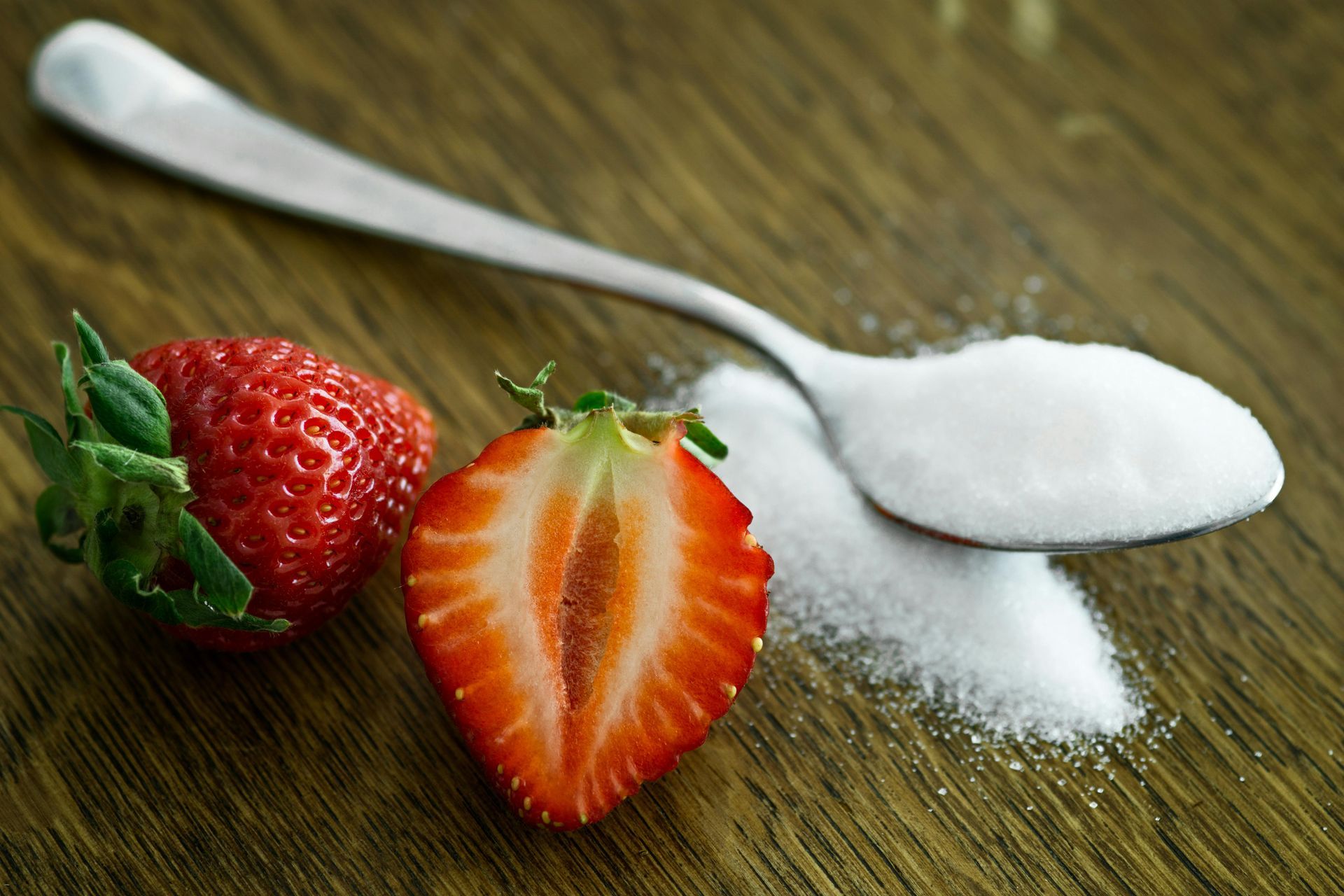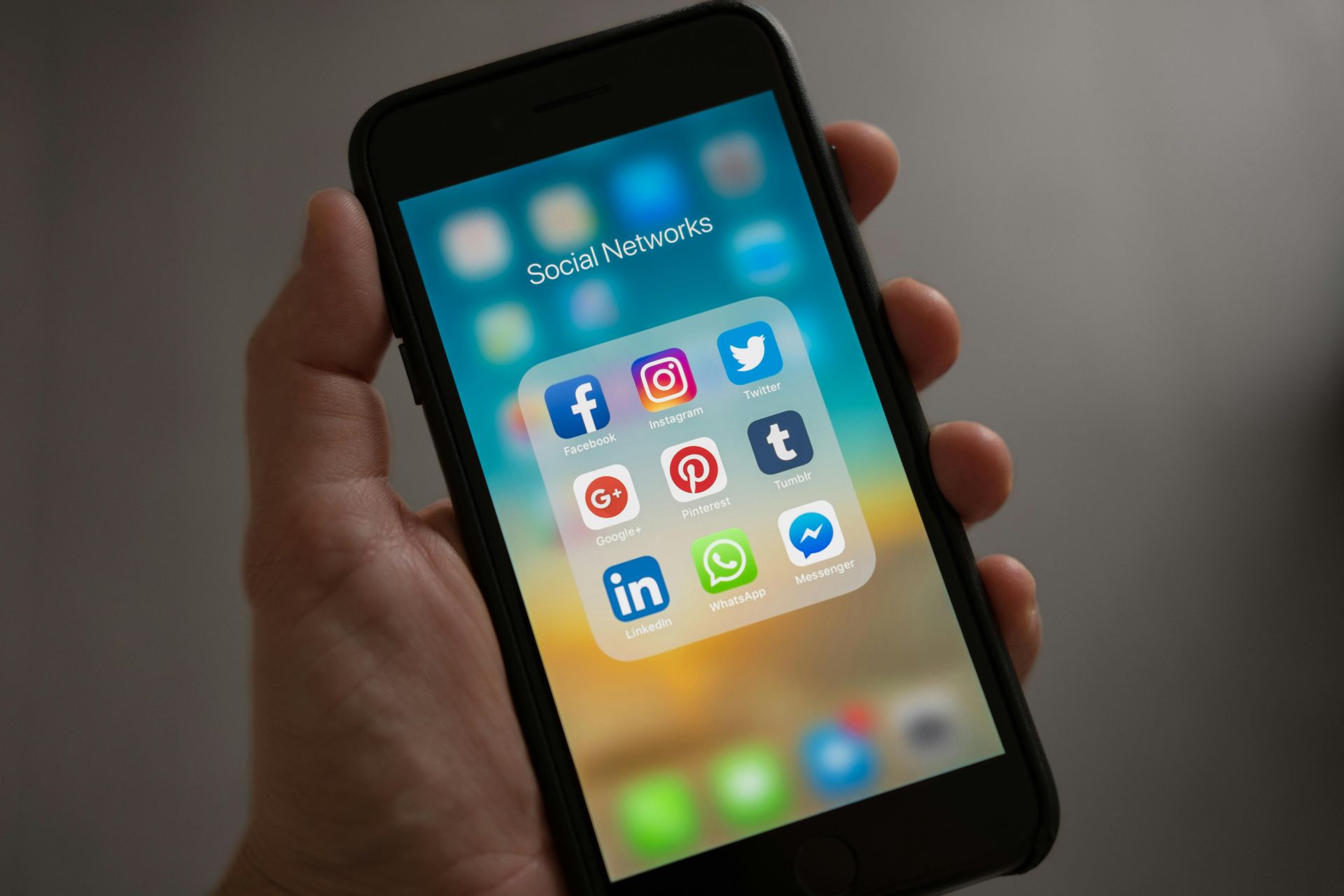July Newsletter
Triggering Blood Sugar Swings

Caffeine can cause an increase in blood sugar levels, even in beverages like black coffee that contain no calories. This effect is also observed with black tea, green tea, and energy drinks. It's important to note that individuals with diabetes may respond differently to various foods and drinks, so monitoring personal reactions is advisable.
Interestingly, some compounds found in coffee may actually help lower the risk of developing type 2 diabetes in healthy individuals.
When it comes to sugar-free foods, they can still elevate blood sugar levels. This is often due to the presence of carbohydrates from starches. It's essential to review the total carbohydrate content on the Nutrition Facts label before consuming these items. Additionally, be cautious of sugar alcohols like sorbitol and xylitol; while they provide sweetness with fewer carbs than regular sugar (sucrose), they can still contribute enough carbohydrates to impact blood sugar levels.
Sports drinks, designed to quickly replenish fluids, can contain sugar levels comparable to soda. For moderate workouts lasting less than an hour, plain water is usually sufficient. However, for longer or more intense exercise, a sports drink may be appropriate, although consulting with a healthcare provider to evaluate the drink’s calories, carbs, and minerals is recommended.
Certain medications, such as corticosteroids (including prednisone), used for conditions like rashes, arthritis, and asthma, can elevate blood sugar levels and potentially trigger diabetes in some cases. Similarly, diuretics, commonly referred to as water pills, used for treating high blood pressure, may have the same effect. Some antidepressants can also affect blood sugar either by raising or lowering it.
During hot weather, staying indoors with air conditioning is advisable as heat can complicate blood sugar management. Individuals should test their blood sugar levels frequently and stay well-hydrated to prevent dehydration. High temperatures can also affect medications, glucose meters, and test strips, so it is important not to leave these items in a hot vehicle.
Aging Skin

The epidermis is the outermost layer of the skin, serving crucial functions such as preventing water loss and safeguarding the body from harm caused by ultraviolet rays, microorganisms, and chemicals. With aging, these protective functions can weaken, making the skin more vulnerable to damage. One noticeable sign of skin aging is the thinning of the epidermis, and research has indicated that levels of vitamin C decrease as skin ages.
In a recent study using a lab-grown model of human skin, researchers explored the effects of two concentrations of vitamin C that typically reach the epidermis through the bloodstream. After seven days of treatment, the results showed that vitamin C contributed to a thicker inner layer of the epidermis compared to untreated skin. By the fourteenth day, the outer layer, which consists of dead skin cells, was significantly thinner, while the thickness of the epidermal cell layer increased notably in the group receiving the higher concentration of vitamin C. These findings suggest that vitamin C plays a vital role in supporting the formation and replication of keratinocytes, which make up 90% of epidermal cells.
Screen Addiction

A significant study published in JAMA Network Open has revealed that it is not just the total amount of screen time, but specifically compulsive phone and social media usage, that substantially heightens the risk of suicidal thoughts and behaviors among teenagers. The research tracked over 4,200 children for four years and found that nearly 50% exhibited signs of screen dependency by the age of 10. The findings indicated that these individuals were 2.4 times more likely to report experiencing suicidal ideation during their teenage years.1
Sources
- https://www.naturalnews.com/2025-06-28-screen-addiction-not-screen-time-drives-teen-suicide.html






